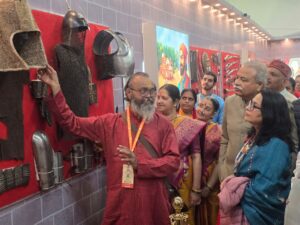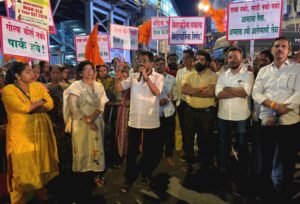Farokh Engineer: The Original Swashbuckler: Rest of the World, India, Bombay and Lancashire: Wicketkeeper batsman : India’s first great limited overs player
Farokh Engineer, the original poster boy of Indian cricket, was born on February 25, 1938. ‘Engineer’ is an occupation-related surname. In the late nineteenth century, Farokh’s great-grandfather joined the newly built engineering industry. Hence, the last name ‘Engineer’ was adopted by his family
Everything changed in the 12th Test of his career, when Engineer asked to open the batting against West indies in Madras (Chennai) in 1967. From nowhere, Engineer amassed a century against the likes of Wes Hall, Charlie Griffith, Lance Gibbs and Garry Sobers, and the rest is history.
In 1967-68, Engineer also played a pivotal role in India’s first ever Test series victory away from home in New Zealand. He showed good glove-work behind the stumps and also chipped in with useful runs. In fact, he ended that series with more than 300 runs to his name.
A flamboyant batsman and an agile wicketkeeper, Farokh Engineer was one of the best of his trade, as shown by his selection as the first-choice keeper for the Rest of the World XI series in England and Australia in the early 1970s.
Engineer handled Bishan Bedi, EAS Prasanna, and Bhagwat Chandrasekhar with ease. He had a large frame, but he crouched very low, and was deceptively agile on either side.
Engineer scored 2,611 runs at 31 from 46 Tests. He smashed 2 hundreds; during one of these, against West Indies at Chepauk in 1966-67 he scored 94 before lunch on Day One. He also had 82 dismissals to his name. His 13,346 First-Class runs came at 30, along with 824 dismissals from 335 matches. He was also India’s first ODI Man of the Match
A natural athlete and swashbuckling batsman, Farokh was Lancashire’s wicketkeeper, playing 175 matches for the county from 1968 to 1976, scoring 5,942 runs, holding 429 catches and claiming 35 stumpings. His benefit match at Lancashire fetched him £26,000 — an astonishing sum for the era.
Engineer’s dashing displays and versatility with the bat, and his agility and dazzling skill behind the stumps, sparked a golden era at Old Trafford.
Lancashire were the undisputed one-day kings in the 1970s and Engineer, who became their popular talisman, wore the Red Rose cap with style and distinction.
When he made his debut, Lancashire had not won a major honour since 1950, but if ever a player was born for limited overs cricket it was Engineer.
Eight years later, having won the Gillette Cup four times in 1970, 1971, 1972 and 1975, and the John Player League twice in 1969 and 1970, Lancashire had raised the bar to a new height.
Farokh became a fan favorite in Lancashire. So much so, that once a cop stopped him for speeding on the streets of Manchester but let him off, saying: “My father would kill me if I booked you.”
India were 125 for 5 at The Oval in 1971 after England put up 355, and Engineer’s 59 and 97 run partnership with Solkar was crucial to take them to 284. He later saw India home with 28 not out during the final chase in the company of Abid Ali in the historic triumph.
His chiselled features and rugged good looks made him an obvious successor to Keith Miller and Denis Compton as a Brylcreem model.
Farokh was the closest to his mother, Minnie and accompanied her everywhere. When Minnie was dying, Farokh was playing at Jamnagar. As soon as Farokh came to know about his mother’s deteriorating health, he rushed to Bombay. The Maharaja of Jamnagar had ordered the Indian Airlines flight to wait for him as Farokh rushed to his mother. Seeing her son weeping like a child, she promised Farokh that she will return to him as his first daughter. Those were Minnie’s last words. Farokh was sure that his first child would be a daughter and those words came true as his first child was a girl.
“I have retained my Indian nationality and passport. My soul is Indian,” Engineer told Times of India in an interview in 2017.
Salute, Farokh, the talismanic cricketer and great human being!





Be First to Comment